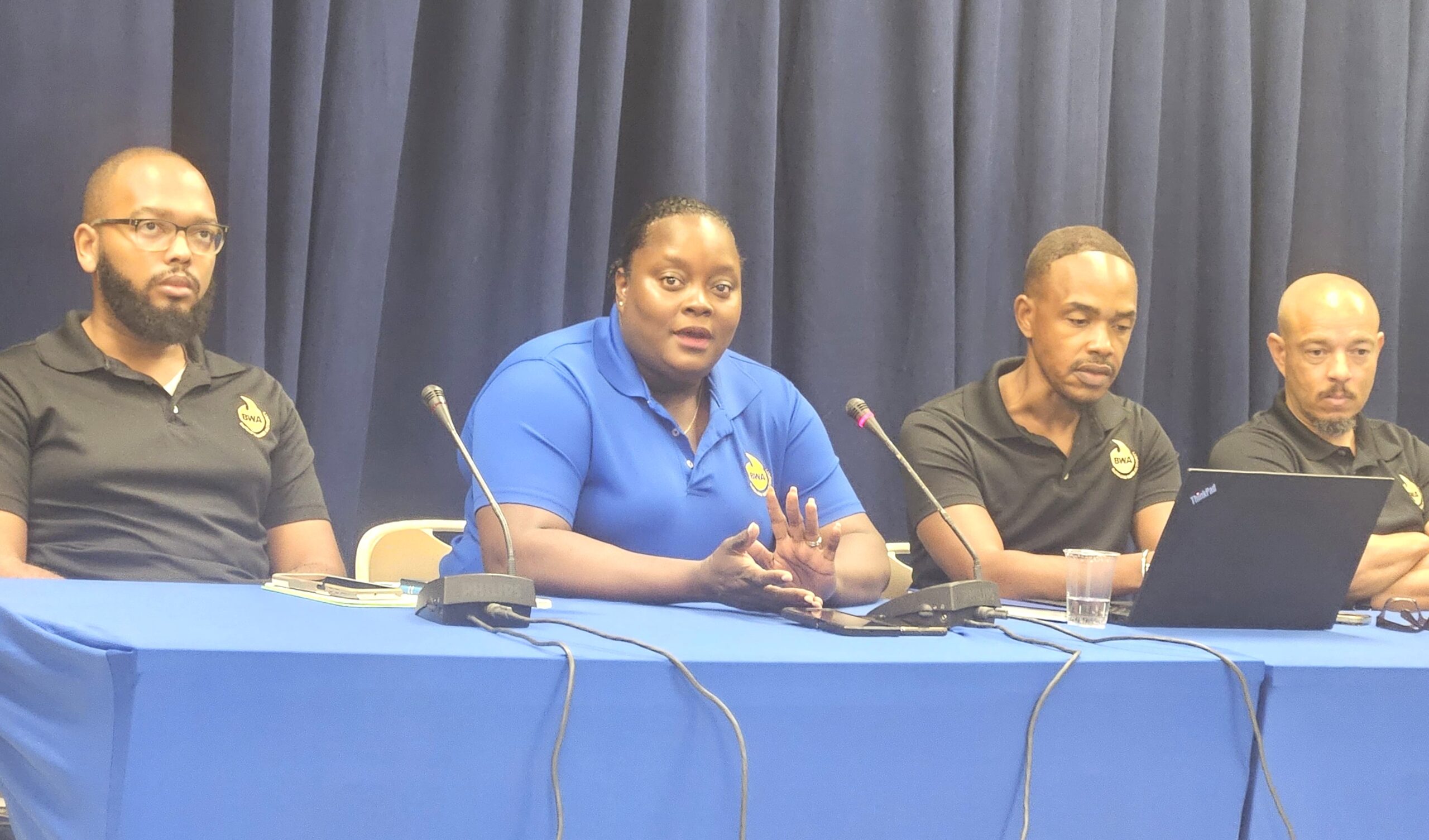Centuries ago, on the plantations of colonial Saint Lucia, a unique language emerged from the fusion of French, African, and English influences. This language, Kwéyòl, became a symbol of resistance, rhythm, and resilience for the island’s people. For generations, it thrived in homes, markets, and hillsides, passed down orally but rarely written. Over time, English dominated public spaces, relegating Kwéyòl to informal use, often seen as less prestigious. However, in a wave of cultural revival, Kwéyòl is experiencing a resurgence, particularly among the younger generation, who are reclaiming it as a source of pride and identity. Leading this movement is Sylvie Soir Kwéyòl Smith, a Saint Lucian author and Creole enthusiast. Smith’s passion for Kwéyòl stems from her childhood immersion in the language, but it was her time abroad that deepened her commitment to preserving it. She realized that many people, even Saint Lucians, lacked understanding of Kwéyòl’s roots and significance. Determined to bridge this gap, Smith began sharing her knowledge on social media, starting with simple tweets in Creole. Her posts quickly gained traction, revealing a widespread desire to learn and write the language. This digital outreach evolved into a global movement, inspiring Smith to create *The Kwéyòl Phrase Book*, a practical guide for everyday use. The book has been met with overwhelming enthusiasm, helping locals and the diaspora reconnect with their heritage. Despite lingering misconceptions about Kwéyòl’s value, Smith remains dedicated to changing perceptions and fostering unity through language preservation. For her, Kwéyòl is more than a linguistic artifact—it’s a reflection of Saint Lucia’s shared history and a vital part of its identity.
分类: society
-

Caring has no gender: Inside the life of a male nursing student
Jefferson Gabriel, a 23-year-old nursing student in Saint Lucia, is navigating the challenges of being a man in a predominantly female profession. During his clinical maternity rotation, a mandatory part of his nursing training, Gabriel found himself often sidelined due to patients’ discomfort with male caregivers. Despite his eagerness to learn, he spent entire days observing only one patient, as many women declined his participation in their care for personal or religious reasons. This experience highlights the persistent gender biases in nursing, particularly in maternity wards. Nursing students in Saint Lucia undergo clinical rotations across various wards, but Gabriel’s experience in the maternity ward was starkly different from his peers. While his female counterparts engaged fully in patient care, Gabriel’s role was limited to tasks like bathing newborns. Sister Solomon, a veteran nurse with over 30 years of experience, noted that while the Registration of Nurses and Midwives Act refers to female nurses, there are no legal barriers preventing men from entering the field. She emphasized that skill and compassion, not gender, define a good nurse. Gabriel, inspired by his father’s medical crisis, chose nursing to help others and now aspires to enter nursing education to challenge gender biases and inspire future generations. He acknowledges the discomfort some women feel but stresses that male nurses approach their work professionally. Despite the challenges, Gabriel remains passionate about nursing and hopes to shift perceptions about who can provide care. His story reflects a broader trend of increasing male participation in nursing, driven by changing societal attitudes and the influence of social media in challenging stereotypes.
-

Divali – Van duisternis naar licht
Diwali, often referred to as the ‘Festival of Lights,’ is one of India’s most cherished celebrations, observed globally with immense enthusiasm. This year, the festival falls on Monday, October 20, aligning with the lunar calendar. Often compared to Christmas and New Year combined, Diwali carries a profound message of brotherly love, peace, mutual respect, and unity. Both festivals emphasize renewal, the strengthening of family bonds, and the exchange of gifts, blessings, and good wishes. The vibrant atmosphere is further enhanced by new clothes, sweets, and colorful decorations.
-

United Workers Party extends its condolences on the passing of Julius Timothy
The United Workers Party (UWP) has expressed profound sorrow over the passing of Julius Timothy, a distinguished businessman and former politician, who passed away earlier this morning. In an official statement released on their Facebook page, the UWP National Executive Committee conveyed heartfelt condolences to Timothy’s family and friends. The statement highlighted Timothy’s unwavering dedication to the nation and his tireless commitment to the people of Dominica. ‘We extend our deepest sympathies to his loved ones during this difficult time. Julius Timothy’s contributions to our country will not be forgotten. May his soul rest in eternal peace,’ the party remarked. Timothy’s legacy as a public servant and entrepreneur has left an indelible mark on Dominica’s socio-political landscape.
-
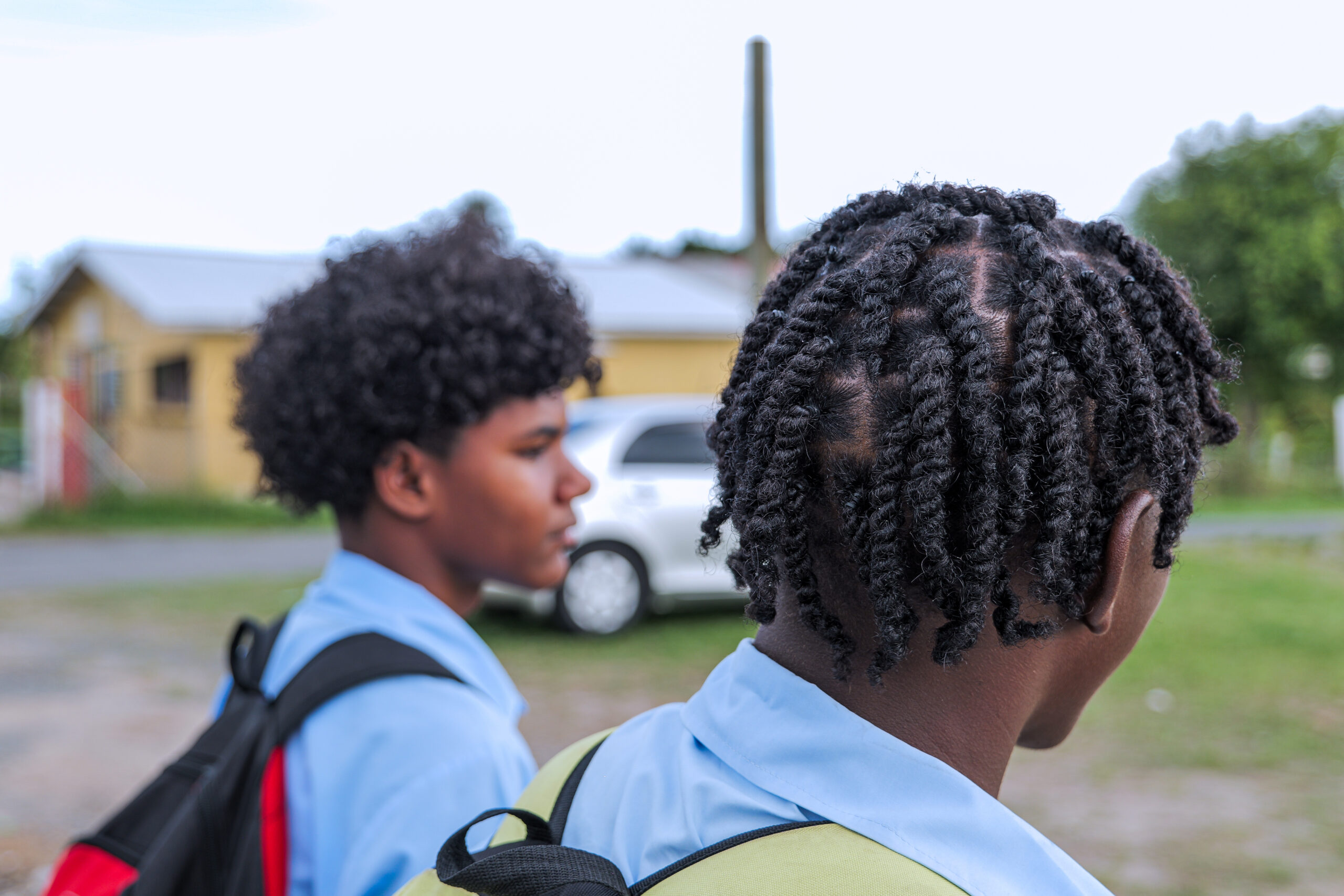
New Student Deportment Policy draws praise, criticism
The Ministry of Education in Saint Lucia has introduced a groundbreaking Student Deportment Policy this academic year, marking the culmination of years of extensive consultations with educators, administrators, students, parents, and other stakeholders. The policy aims to harmonize the maintenance of school appearance standards with the freedom for students to express their identities without facing discrimination. Central to the policy is a framework that establishes clear expectations for student deportment across school communities, ensuring consistency and fairness in its application. While the guidelines address uniforms, jewelry, and general appearance, the most notable change pertains to hairstyles. The new rules permit students, particularly young men, to wear longer hair, dreadlocks, and interlocked styles, provided they maintain cleanliness and avoid obstructing others’ views. This shift represents a significant departure from past practices that often marginalized students with natural or culturally significant hairstyles, particularly those from Rastafarian and Afrocentric backgrounds. The Iyanola Council for the Advancement of Rastafari (ICAR), a key participant in the policy consultations, hailed the move as long overdue, recalling decades of discrimination faced by Rastafarian students. Aaron Alexander, ICAR’s president, praised the policy as a historic correction to colonial-era biases, emphasizing the importance of embracing natural hair as a symbol of cultural identity. Rahym Augustin-Joseph, Saint Lucia’s first Rhodes Scholar and a prominent student leader, welcomed the policy as a step forward but called for further refinement to include more Afrocentric hairstyles and ensure equitable implementation. He stressed the need for transparent enforcement mechanisms and student representation in decision-making processes to prevent bias. Augustin-Joseph also highlighted the importance of addressing disciplinary measures and the language used in the policy to avoid perpetuating historical inequalities. The policy has sparked broader discussions about balancing tradition and inclusivity in education, with advocates urging a reckoning with the colonial roots of many societal norms. While the policy is seen as a progressive step, its success will depend on its practical application and the ongoing commitment to fostering a more inclusive educational environment.
-
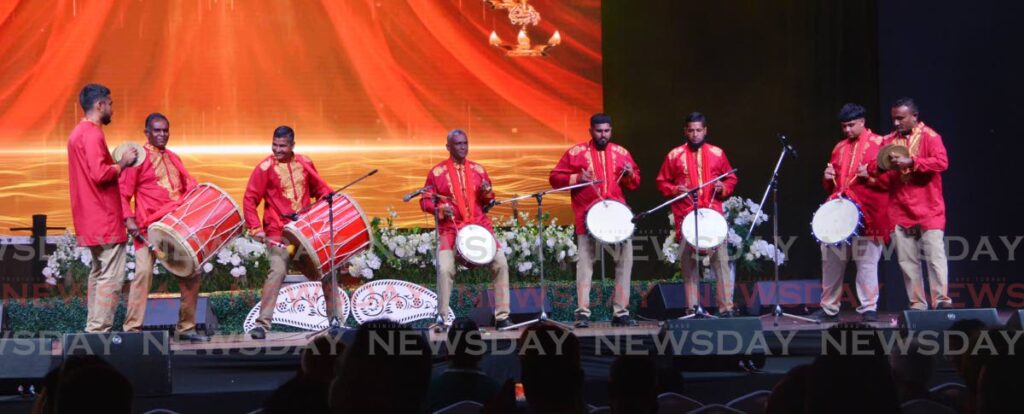
Divali a time of love, unity, peace
As the world marks Divali on October 20, 2025, this vibrant Hindu festival continues to illuminate hearts and homes across Trinidad and Tobago (TT). Known as the Festival of Lights, Divali, or Deepavali, holds profound cultural and spiritual significance, celebrated with immense enthusiasm not only in India but globally. The festival derives its name from the Sanskrit words ‘deepa’ (light) and ‘avali’ (a row), symbolizing a row of lights that dispel darkness and ignorance. In TT, the festival is referred to as Divali, reflecting the local linguistic adaptation. The celebration is marked by the lighting of deyas—small clay oil lamps—adorning homes, streets, and public spaces, alongside the use of firecrackers and akashadiwas (large lamps). Divali is steeped in rich mythology, with legends such as Lord Rama’s return to Ayodhya after defeating Ravana and the marriage of Goddess Lakshmi to Lord Vishnu. Lakshmi, the goddess of wealth, is worshipped during the festival, with devotees chanting mantras and performing pooja to seek her blessings. In TT, the festival is a time for community bonding, with families cleaning their homes, sharing vegetarian meals and sweets like barfi and kurma, and creating elaborate light displays using bamboo frames. The nine-night Divali Nagar in Chaguanas is a cultural highlight, showcasing Indo-Trinidadian heritage through food, music, and dance performances. Recognized as a national public holiday, Divali fosters unity, peace, and love, encouraging people to come together and celebrate their shared humanity. As Nigel Seenathsingh, a San Fernando resident, eloquently expressed, ‘May the light and philosophy of Divali guide us to become the best that we can be, uniting us to make TT the best, safest, and most united country in the world.’ On behalf of his family, he extends warm wishes for a Shubh Divali 2025.
-
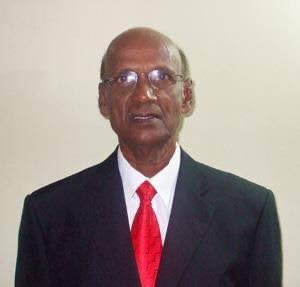
Divali as spiritual experience
In a recent letter to the editor, Dr. Errol Narine Benjamin reflects on the contrasting approaches to cultural celebrations in Trinidadian schools, particularly focusing on the Divali festival. Dr. Benjamin begins by praising the Divali celebration at Presentation College in San Fernando, a traditionally conservative Catholic school. He highlights the event’s inclusivity, noting the presence of religious symbols like Goddess Lakshmi and Hanuman, as well as the spiritual ambiance created by lighted deyas. The principal and staff emphasized the festival’s inclusiveness, and students’ portrayal of the Ramayana added depth to the celebration, making it meaningful for the multicultural nation.
However, Dr. Benjamin contrasts this with a recent statement from the Presbyterian Board, which declared that only Christian celebrations would be allowed in their schools. While the board suggested that students would be ‘taught’ about other festivals like Divali in the classroom, they explicitly ruled out shared spiritual experiences. Dr. Benjamin finds this stance deeply ironic, given the historical context of Naparima College, which has roots in the East Indian community. Early Canadian missionaries in Trinidad actively assimilated elements of East Indian culture, even adapting hymns and choruses into local languages to further their missionary work.
Dr. Benjamin expresses disappointment at the board’s ‘exclusivity,’ arguing that Divali, with its rich spiritual heritage, should not be reduced to a mere classroom lesson. He urges the Presbyterian Board to take inspiration from Presentation College’s inclusive approach, which celebrates cultural diversity while fostering spiritual unity.
-
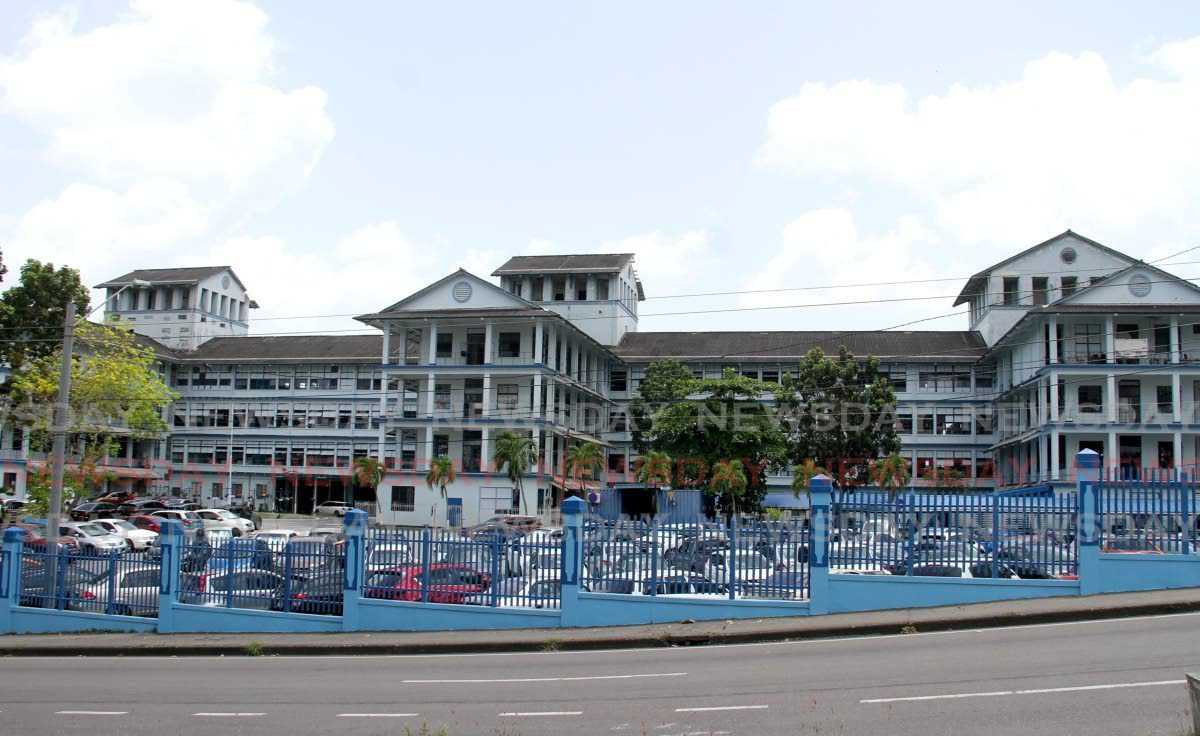
Mandingo man dies in accident
A tragic accident on Indian Walk Road has resulted in the death of 37-year-old tradesman Arnel Young. The incident occurred on October 19, when Young’s white Nissan Navara collided with a brown Hyundai Elantra driven by a female T&TEC clerk. The clerk was accompanied by her husband and their three children, aged 13, six, and two. The woman reported to the police that she noticed Young’s vehicle swerving multiple times near Chanda Trace. Despite her efforts to stop her car, Young’s pickup truck crashed into the front of her vehicle, causing it to spin into a nearby drain. The woman and her family were promptly taken to the San Fernando General Hospital for medical attention. Unfortunately, Young was found unresponsive at the scene and was pronounced dead by a district medical officer. PC Bacchus is leading the ongoing investigation into the circumstances surrounding the crash.
-
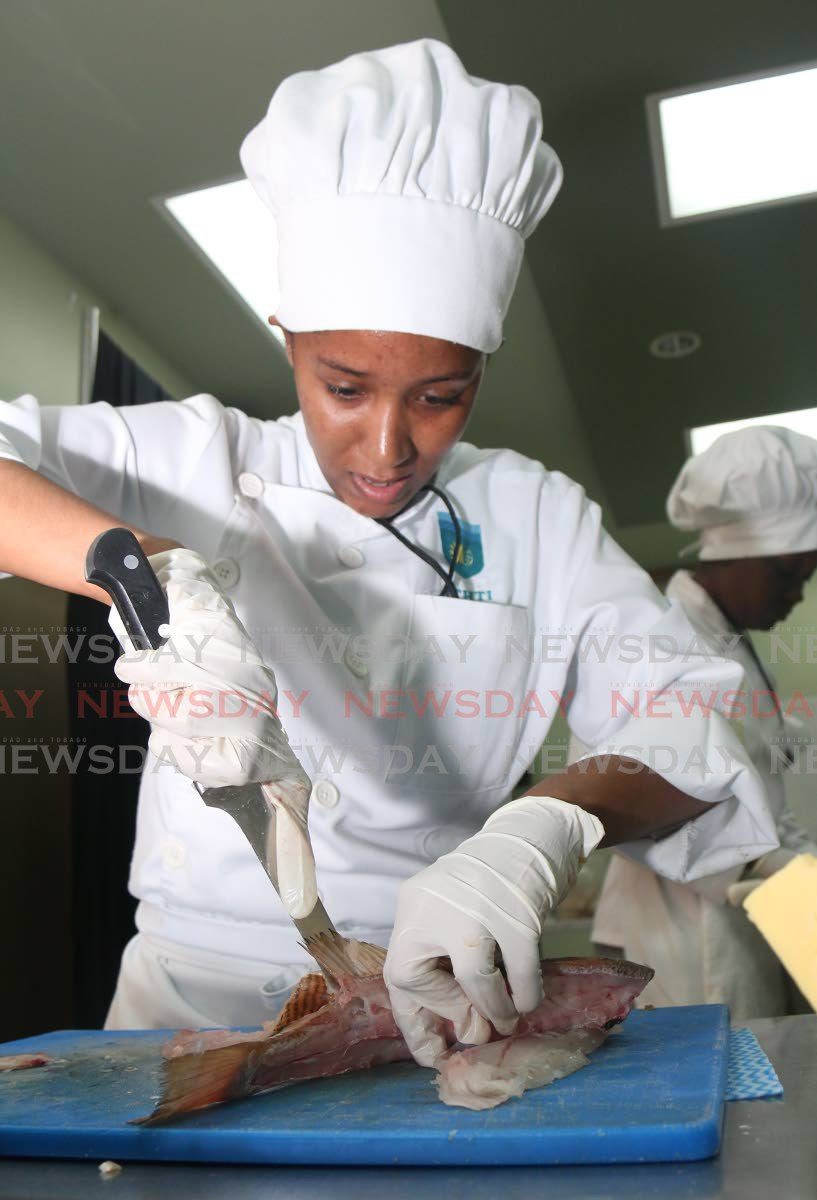
Reopening the hotel school
The Trinidad and Tobago Hospitality and Tourism Institute (TTHTI), once a cornerstone of the nation’s hospitality sector, is set to reopen following an announcement by the Finance Minister. This move has reignited hope for the revitalization of an industry that has long struggled with systemic challenges. The institution, located in Chaguaramas, was abruptly closed in 2020, ostensibly due to COVID-19 restrictions. However, the closure was merely the culmination of years of financial neglect, administrative mismanagement, and dwindling government support. The TTHTI had been grappling with unpaid subventions totaling $13.17 million, and its registration with the Accreditation Council remained incomplete, raising concerns about the transferability of student records. Despite efforts by some students to transfer to the Tobago Hospitality and Tourism Institute, the abrupt shutdown left many in limbo. The closure also drew criticism from then-Education Minister Dr. Nyan Gadsby-Dolly, though no concrete action was taken to address the issue. Over its 48-year history, the TTHTI had not only trained aspiring hospitality professionals but also offered popular short courses in culinary arts to individuals of all ages. Its graduates played a pivotal role in initiatives like the School Feeding Programme and went on to establish successful businesses in the hospitality sector. The Finance Minister’s pledge to reopen the institute must go beyond mere restoration; it demands a comprehensive modernization of the facility to align with the evolving needs of the industry. This revival could serve as a critical step in the broader agenda of economic diversification, ensuring that the hospitality sector remains a vital contributor to the nation’s economy.

